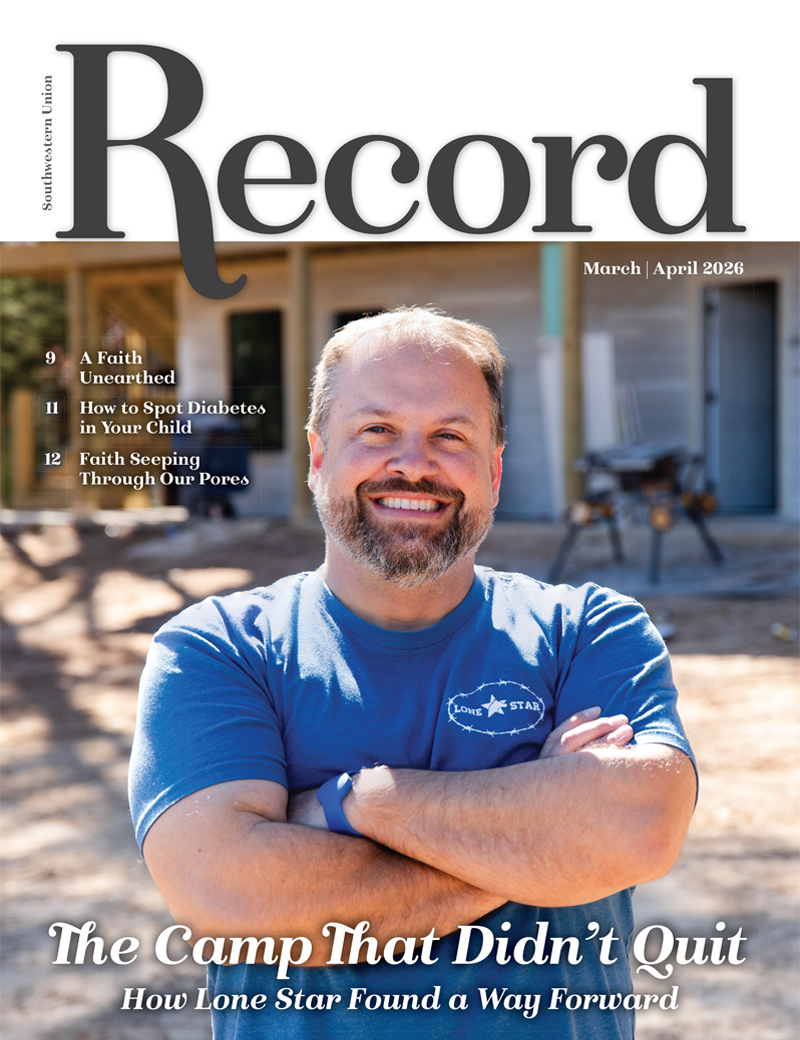Grown-up Playtime

Sound sleep, money in the bank and a leisure day at the pool are all missing from my life as a parent, but something else is also missing. This one thing missing from my life as an adult is something that I make sure is not missing from my kids’ lives. In fact, I’ve always budgeted for, allowed time for and protected against other options. It is a must for my kids. It’s play.
Even when they were babies, I followed the structured schedule of eat, play, sleep. And as they grew, I made sure that not only did they have play dates, but that they also were involved in extracurricular activities. That’s because I knew that play was vital to their overall health. But somewhere along the way, I forgot that play is just as essential to my own health.
Once I graduated college, play disappeared from my schedule and it was replaced with work. I no longer felt like I could schedule play into my life. As an adult, fun and play felt like a luxury I couldn’t afford. I worked and worked with no play. In our culture, we are conditioned to value exhaustion—and we wonder why we are lacking happiness.
When I started looking at people who seemed to be the happiest, most of them seemed to incorporate some aspect of play into their life. Psychiatrist and researcher Dr. Stuart Brown explains that play shapes our brain, helps us foster empathy, helps us navigate complex social groups and is at the core of creativity and innovation.
As we became adults, we forced play out of our lives thinking that we had to choose between work and fun. But from this research, I would argue that we need to play because it benefits both our work and our relationships. Dr. Brown goes on to say that “the opposite of play isn’t work—the opposite of play is depression.” Play is connected to our health and happiness.
The challenge for myself and for you is to think about what you can do for fun. Think about how you can budget not only money but also time to play. Your budget will look different in different seasons, but I want to challenge you (and myself) to think about allocating some money and time every month to a play budget. Maybe you decide to finally take horse riding lessons for yourself or take that painting class. Maybe you decide to purchase a paddleboard to use this year. Whether you can spend money or not, push play to the top of the priority list. Each week, as you think about your time and money, plan to do one thing for fun.
After a long day at school, I make sure my kids have time to play outside and play whatever makes their hearts happy. What would it look like if you did the same for you? I think that you’d find yourself healthier and happier with your work and relationships.
By Sarah Bragg. Bragg has a degree from Dallas Theological Seminary. She is an author and host of the “Surviving Sarah” podcast, where she helps others survive where they are in life. She lives in Atlanta, Georgia, with her husband and two daughters.


